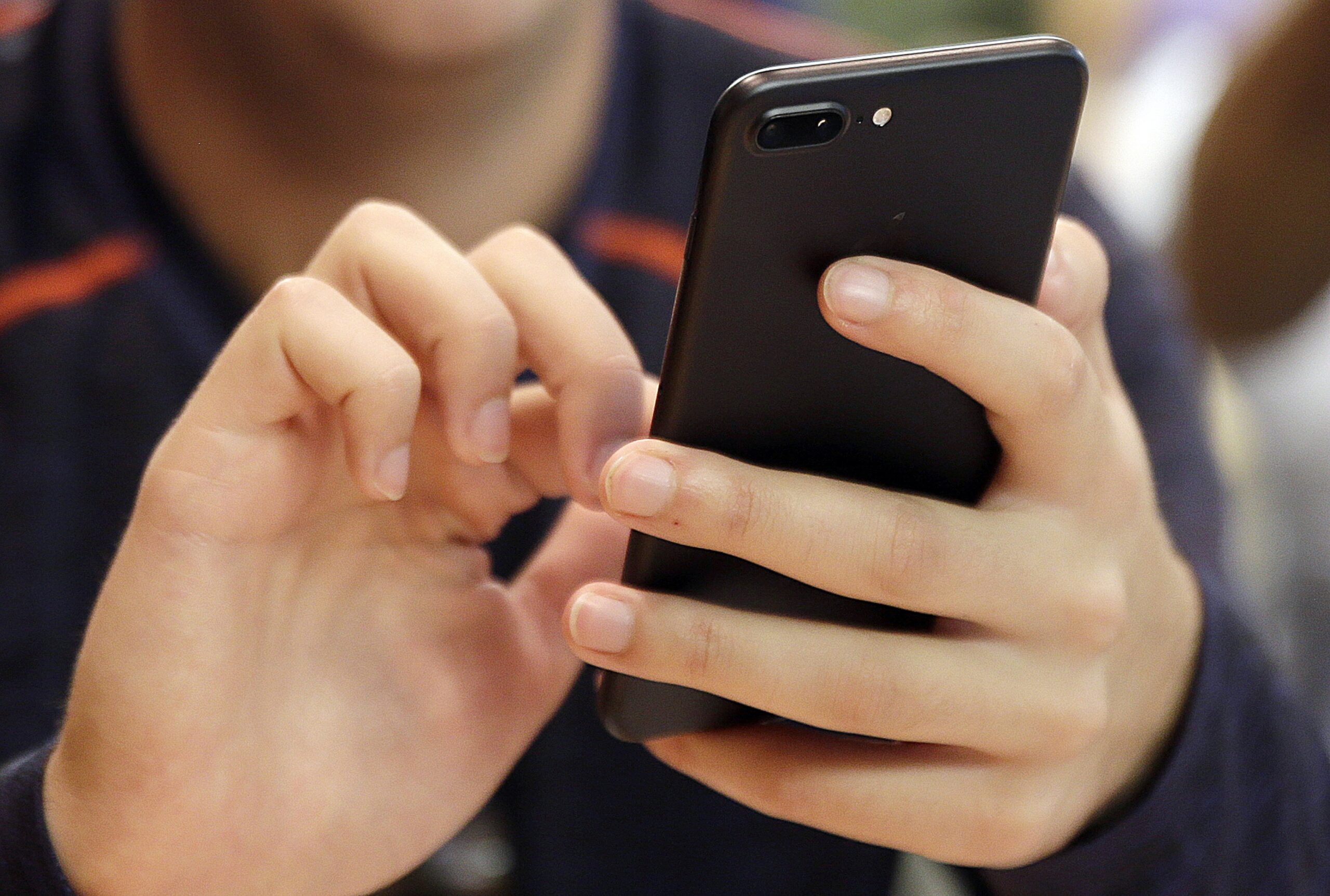NASA would like to send a probe to Venus, but the atmospheric conditions of the planet presents significant challenges. We find out more about the efforts, and more of the latest science news as well. We use technology in just about every aspect of modern life. But when does reliance and interest veer into addiction? We also talk to a law professor about the news that the U.S. Department of Justice asked 46 top federal prosecutors appointed by the Obama administration to resign.
Featured in this Show
-
U.S. Department of Justice Asks 46 Top Federal Prosecutors To Resign
On Friday the U.S. Attorney General Jeff Sessions asked for the resignations of 46 federal prosecutors appointed by former President Obama. According to the federal Department of Justice, many of the U.S. Attorneys nominated by Obama had already resigned. Previous administrations have also asked for similar resignations during times of transition. But Preet Bharara, U.S. Attorney for the Southern District of New York, refused to resign, so he was fired. This move was unexpected because President Donald Trump reportedly met with Bharara in November privately and suggested the attorney could continue in his role. Some senior Democrats have suggested Bharara was fired to stop him from investigating President Trump’s financial affairs. We talk to a law professor about this news.
-
Science News: Venus Rover Development, Humans And Warfare, Rain
NASA wants to send a probe to the surface of the planet Venus, but the 800 degree Fahrenheit temperatures and sulfuric acid clouds are a perfect recipe for frying circuits. Gemma Tarlach of Discover Magazine shares how scientists are engineering a Venus probe using mechanical systems that would have been familiar to Leonardo da Vinci. She also shares the details of other science news, including the evolution of warfare in human history.
-
How Technology Hooks Us And Keeps Us Coming Back For More
These days, it seems like we can’t stop clicking, tweeting, scrolling and staring at screens. But at what point does our infatuation with technology become an addiction? An author chronicles the rise of technology addiction, from phones to video games, how tech companies and developers keep us hooked, and what we can do about it.
-
Addicted To Social Media? Your Tablet? Your Smartphone? There's An App For That
Choose: a broken finger or a broken smartphone?
This uncomfortable measure is one that researchers have used to gauge how dependent people are on their smart devices and, according to social psychologist Adam Alter, about half of tech users would rather sustain a physical injury than break their phone.
Alter’s new book, “Irresistible: The Rise of Addictive Technology and the Business of Keeping Us Hooked,” explores the roots of technology addiction and how the pleasure centers in our brains are triggered when we post on social media, binge watch shows on Netflix, check email 24/7, or trade things like food and exercise for long stretches of time with PlayStation and Xbox gaming.
“Historically, we thought addiction was reserved for experiences that involved ingesting substances. We thought about drug addiction, alcohol abuse and nicotine addiction,” said Alter, an associate professor at the Stern School of Business at New York University researching psychology and marketing.
“If you look at teens as they watch the number of likes increase on their Instagram posts, for example, their brains look very much like the brains of addicts to substances,” he said.
People are spending around three hours a day tethered to their smartphones. “Nomophobia” — when parting ways with your phone can stress you out — is a legitimate disorder. Alter estimates it afflicts around 300 million people worldwide.
He equates checking social media platforms as akin to a kind of gambling addiction. Like winning the lottery, Alter said, there’s a slim chance a social media post will elicit the desired response and get a big reaction.
Users are checking in on their devices a lot. Cell phone users are swiping and scrolling more than 2,000 times a day, according to a 2016 study. Alter said that’s because there’s a never-ending supply of information to view.
“There is a bottomlessness to the content online now. A lot of these platforms — Facebook, Twitter, Instagram — they didn’t start as bottomless platforms,” Alter said. “You can scroll down on these now and there’s so much information available that there’s no point at which your brain gets the signal to stop. You end up in this well where you go deeper and deeper and deeper. Eventually, three hours have passed.”
Alter, who admits to having a weakness for checking email and playing some games, said there are some practical ways to cut back.
“I think what we need to do is to recognize how insidious tech can be. It can really invade areas of our lives where we really should probably exclude it,” Alter said.
His advice:
⬛ Create a “sustainable relationship” with technology so the good outweighs the bad. Hide a device in a drawer for a set amount of time and have face-to-face conversations with friends and loved ones or go out and enjoy the outdoors.
⬛ Don’t rely on willpower to wean off of social media, tablets and smartphones. Alter said he believes there is a benefit to having tech in moderation. Eventually, people will return if they stop cold turkey.
⬛ A user’s attraction to gadgets isn’t coincidental or the product of one’s inherent weaknesses. Alter said companies employ many behavioral experts and statisticians who crunch a lot of numbers to develop products that are “maximally addictive.” He notes some companies also employ “design ethicists,” but their work to protect consumers almost always cuts against a company’s core desire to maximize profits.
⬛ Use technology to get a handle on your usage. The app Moment automatically tracks iPhone and iPad usage each day. It can also set daily limits for users. Alter brings it into his classroom to see how much his students are on their phones. His younger students, he said, are on their phones upwards of 10 hours a day.
⬛ Don’t force teens to stop using social media, but have them explain to you what platforms they’re using and how they work. “If you talk to teens today, they consider Facebook a relic that their parents and grandparents use. In 10 years, we’ll look back at Twitter, Instagram and Snapchat in probably the same way,” Alter said, adding that having a face-to-face conversation about how to use Snapchat counts as a legitimate, real-life conversation.
Episode Credits
- Rob Ferrett Host
- Veronica Rueckert Host
- Amanda Magnus Producer
- Chris Malina Producer
- Karl Christenson Producer
- Frank Tuerkheimer Guest
- Gemma Tarlach Guest
- Adam Alter Guest
- Rob Ferrett Interviewer
Wisconsin Public Radio, © Copyright 2024, Board of Regents of the University of Wisconsin System and Wisconsin Educational Communications Board.


